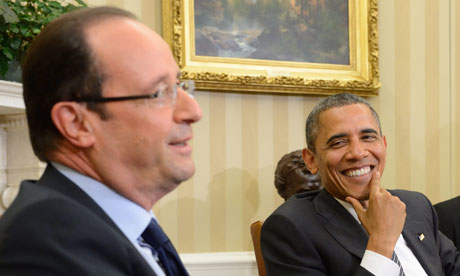How awesome is the idea of a repair cafe? Very simply, it is a place you take your old, broken-down items, buy a cup of coffee and get your things fixed so that you can continue using them.
The
Repair Cafe which debuted in Amsterdam two years ago does just that. According to the
New York Times, “the Repair Cafe Foundation has raised about $525,000 through a grant from the
Dutch government, support from foundations and small donations, all of which pay for staffing, marketing and even a Repair Cafe bus”.
Repair Cafes started as a way to curb consumerism. Martine Postma, a former journalist came up with the concept after the birth of her second child, which made her think about environmental issues differently.
Martine says: "In Europe, we throw out so many things. It’s a shame, because the things we throw away are usually not that broken. There are more and more people in the world, and we can’t keep handling things the way we do. I had the feeling I wanted to do something, not just write about it. But I was troubled by the question: “How do you try to do this as a normal person in your daily life?”
Inspired by a design exhibit about design and recycling, she decided on the idea Repair Cafes to help people fix things. For most people, possessions have a sentimental value and they don’t want to part with them. Some others would rather fix a broken item than buy a new one. Although
the Netherlands only puts less than 3 percent of its municipal waste into landfill, according to Joop Astma, the state secretary for infrastructure and the environment, there is still room for improvement. With Repair Cafes, people get together to share repair tips and foster an environment that supports sustainability.
For more: Repair Cafes in the Netherlands is the New Way to Curb Consumerism








